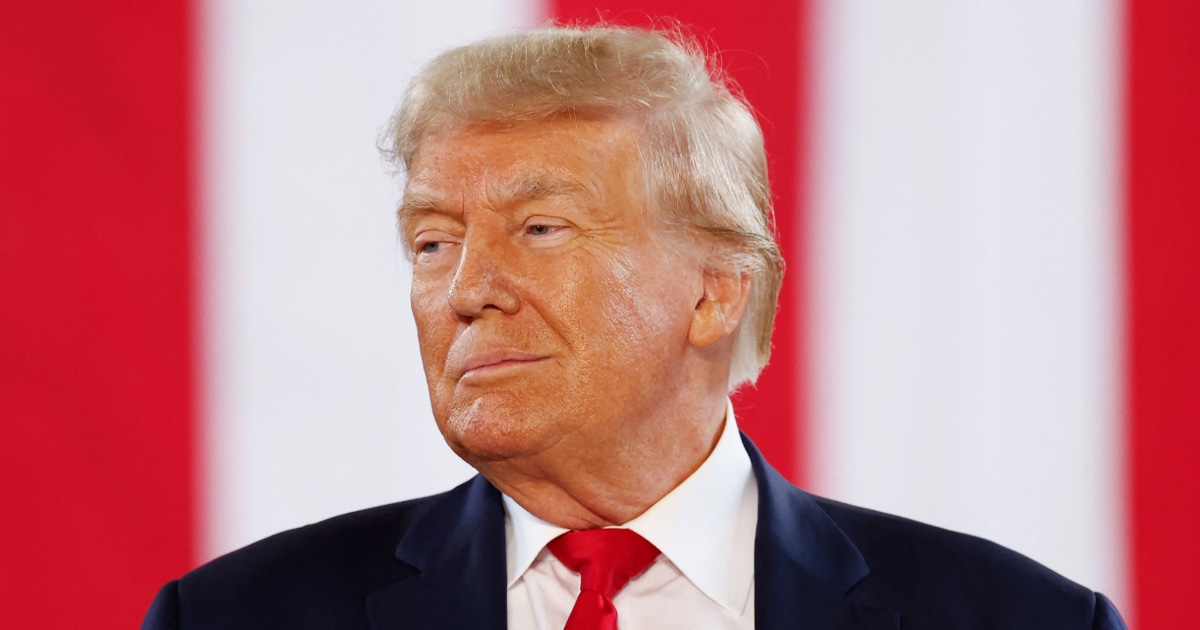The trial over an effort in Minnesota to keep former President Donald Trump off of the 2024 ballot began Thursday at the state Supreme Court as a similar case continued in Colorado.
The lawsuits in both states allege Trump should be barred from the 2024 ballot for his conduct leading up to the Jan. 6, 2021, riot at the U.S. Capitol. They argue Trump’s efforts to overturn the 2020 election results violated Section 3 of the 14th Amendment to the Constitution, which says no one who has “engaged in insurrection or rebellion” after swearing an oath to support and defend the Constitution can hold office.
A group of Minnesota voters, represented by the election reform group Free Speech for People, sued in September to remove Trump from the state ballot under the 14th Amendment provision. The petitioners include former Minnesota Secretary of State Joan Growe and former state Supreme Court Justice Paul H. Anderson.



The 14th amendment says that 2/3rds of Congress can vote to override citizenship requirements, I pointed to an example where that’s actually happened in recent history where some were arguing that a presidential candidate might not be eligible to run (https://www.nytimes.com/2008/07/11/us/politics/11mccain.html), Congress voted to make that a non-issue, and you don’t see the relevance? Ok, guess I can’t really help ya much more. Have a good day, I guess?
wut??? where? The full text:
Section three says that congress can allow somebody who has engaged in insurrection to be eligible. it says nothing about allowing naturalized citizens to be made eligible by congress.
Further, in point of fact, the McCain thing had everything to do with technicalities of vaguley described definitions. Some idiots were arguing that McCain was inelibible because he wasn’t born on US soil. Despite having two parent who were both US citizens- and were in Panama on military orders.
Finally, Congress did not pass a law or do anything that had the force of law to support McCain, or to make him ineligible when he was not. it was a non-binding resolution that basically said, “hey we see this bullshit.” McCain was already eligible because he was a citizen by birth… the idiots were trying to argue that he was ineligible because he wasn’t born on US soil which… is stupid.
And again, McCain is largely irrelevant.
deleted by creator